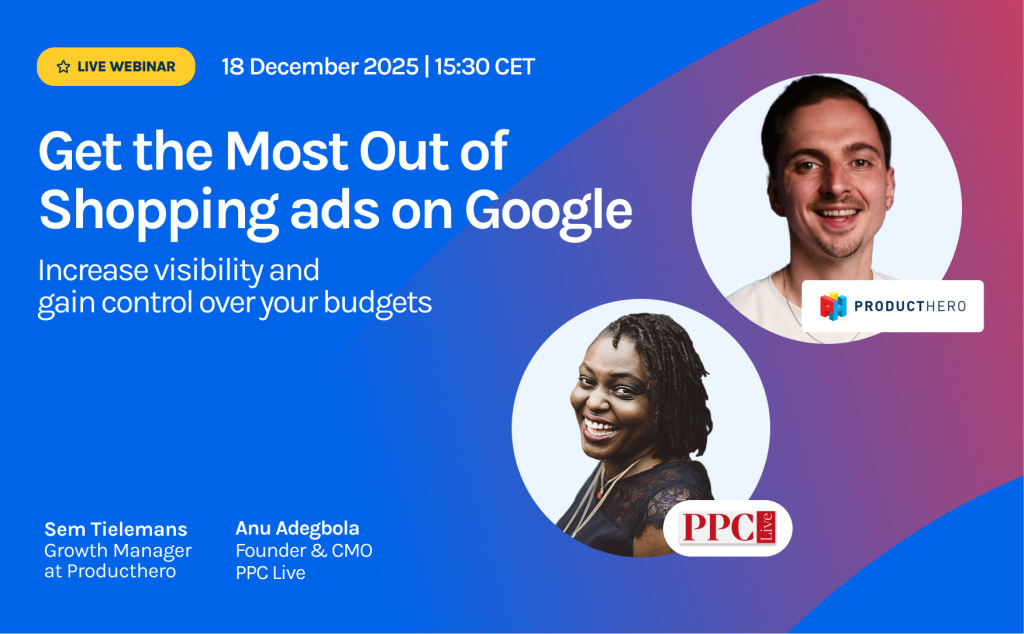For years, Google Ads expert Peter Bowen has been openly skeptical of Performance Max (PMax). Early versions produced floods of spam, low-quality leads, and very little control — hardly ideal for businesses that depend on reliable, geographically targeted inbound leads. But with one client’s Search campaigns completely maxed out, Bowen decided to run a true, controlled PMax test. The outcome: surprisingly strong results that challenge the long-standing doubts around PMax for lead generation.
Why This Client Was the Ideal Test Case
Bowen chose this account because it had all the fundamentals PMax needs to shine:
- Exceptional offline conversion tracking that followed every lead through the full sales funnel;
- Around 9,000 recent leads inside Google’s 90-day window;
- A client willing to test and learn;
- Strong, conversion-ready landing pages;
- Spam-proof forms to avoid PMax’s notorious “spam death spiral”; and
- Proven creative assets from social campaigns.
Search campaigns were already performing extremely well but constrained by geography, leaving no room for further scale.
The key question was simple: could PMax find incremental leads that Search could not?
Choosing the Right KPI
Because PMax traffic comes from many placements where quality varies wildly, Bowen rejected traditional PPC metrics like impressions, clicks, CPC, conversion rate, total leads, and cost per lead. All of those can be distorted by spam and low-intent users.
Instead, he chose one clean, reliable KPI: booked appointments. The only way to book was through a call centre that pre-qualified every lead, which meant every appointment reflected a real, local, genuinely interested prospect.
How the Test Was Built
Bowen targeted the PMax test at the client’s busiest office, using a single asset group, one search theme, top-performing Facebook images, and Search ad copy known to convert. Automatic asset creation was disabled due to regulatory restrictions. The budget was set at roughly half of the comparable Search campaign.
The bidding strategy was “Maximise Conversions” with a bold target CPA of $50, and only the “booked appointment” conversion action was set as primary.
After launch, Bowen took an intentionally hands-off approach, letting high-quality offline conversions guide Google’s optimisation rather than constantly tweaking the campaign.
The Results (3 Weeks After Learning Period)
| Metric | Search | PMax |
|---|---|---|
| Leads | 206 | 94 |
| Booked appointments | 45 (22%) | 19 (20%) |
| Cost | $12,282 | $2,190 |
| Cost per booking | $273 | $115 |
| Value | $25,475 | $15,525 |
| ROI (Value / Cost) | 207% | 709% |
Bowen was surprised by three things. First, lead quality was nearly identical to Search — something many PPC pros would not expect from PMax. Second, the cost per booked appointment was less than half that of Search. Third, ROI was dramatically higher, with PMax generating $7 of profit for every $1 spent.
Caveats and What’s Next
Bowen notes that some cannibalisation of Search may have occurred, though it’s impossible to measure precisely. The early results might also represent a honeymoon period, and only one office was tested. The next step is a rollout to all locations, monitored carefully.
The Takeaway
With the right conditions — clean offline conversion data, strong landing pages, spam-proof forms, and focused KPIs — Performance Max can absolutely work for lead generation.
For advertisers whose Search campaigns have reached their ceiling, Bowen’s test shows that PMax can uncover incremental, high-quality leads at a significantly lower cost. It’s not magic, and it’s not a replacement for Search, but in a well-prepared account, PMax is now a credible, ROI-positive channel.






